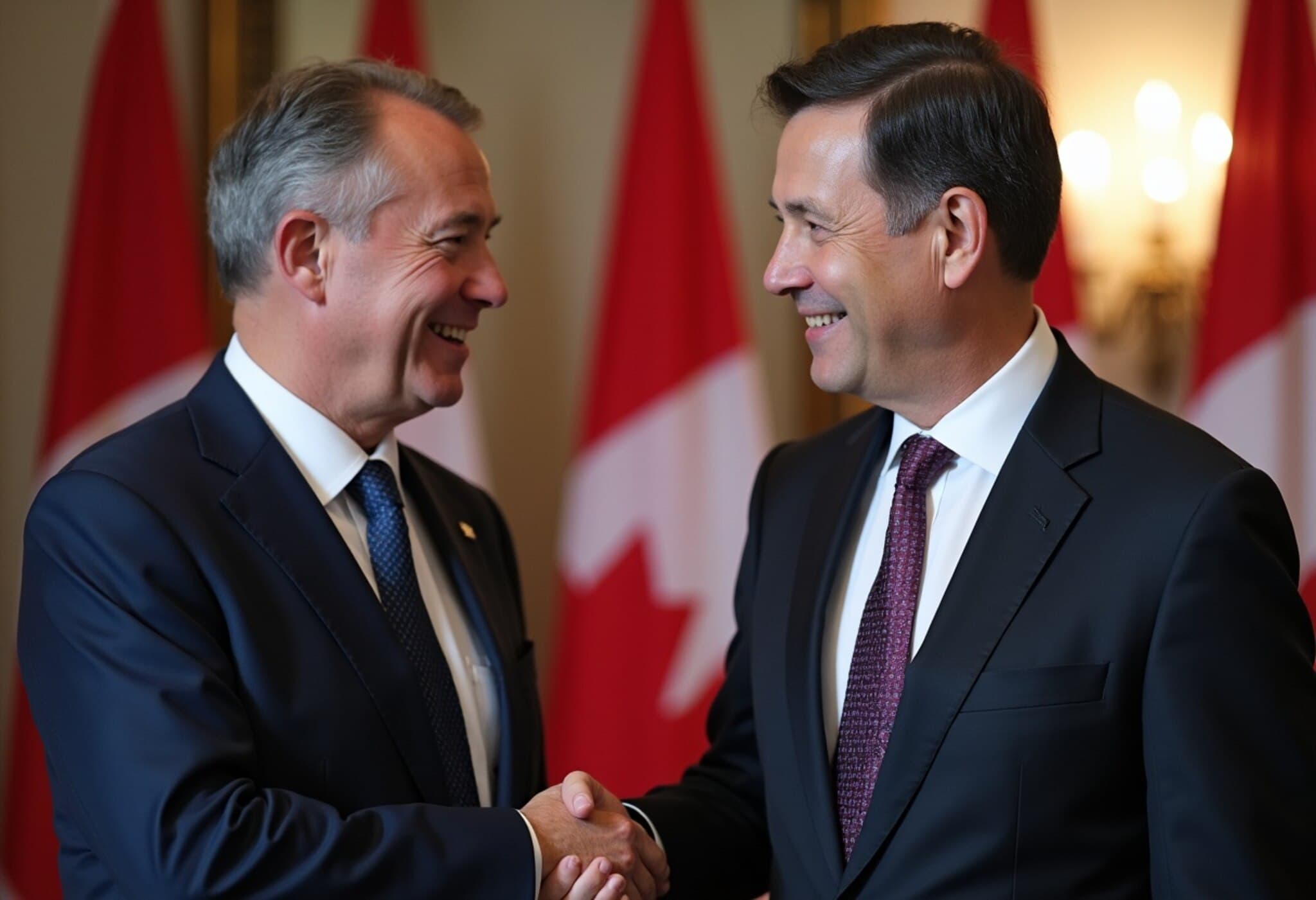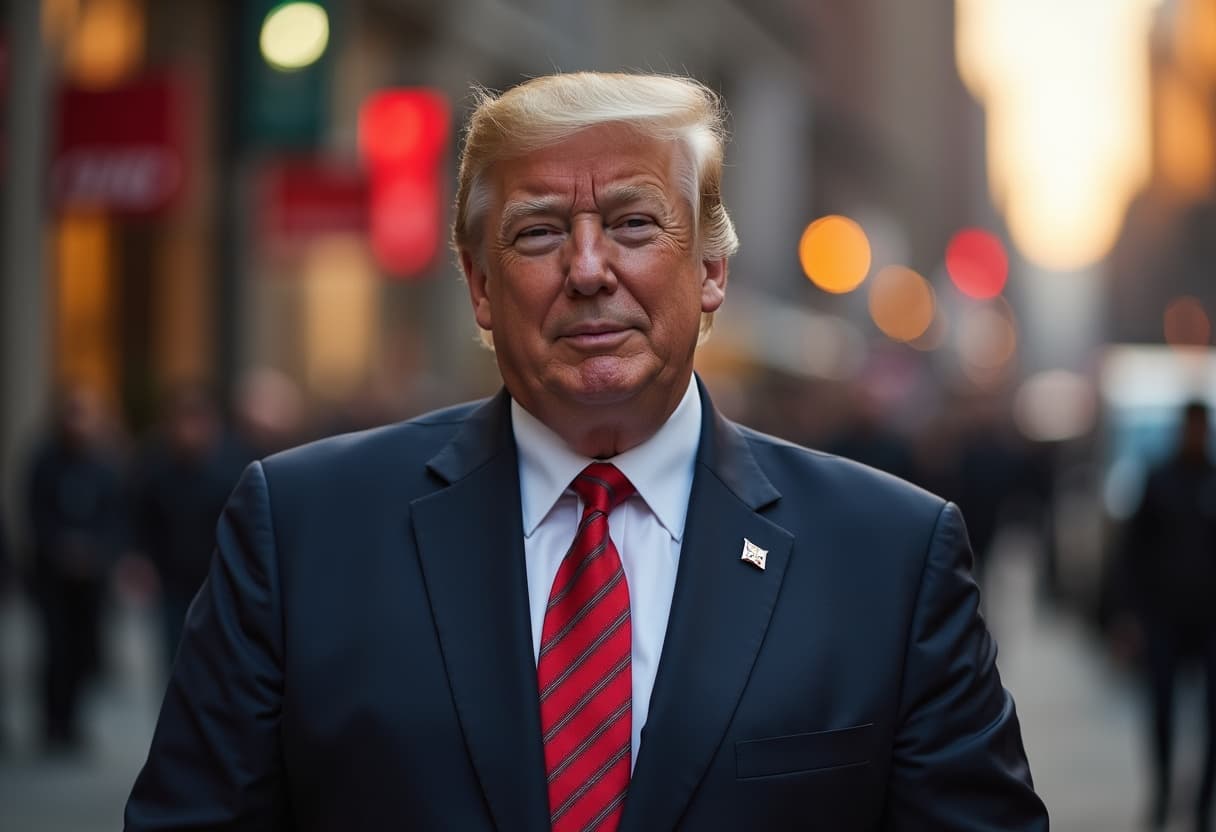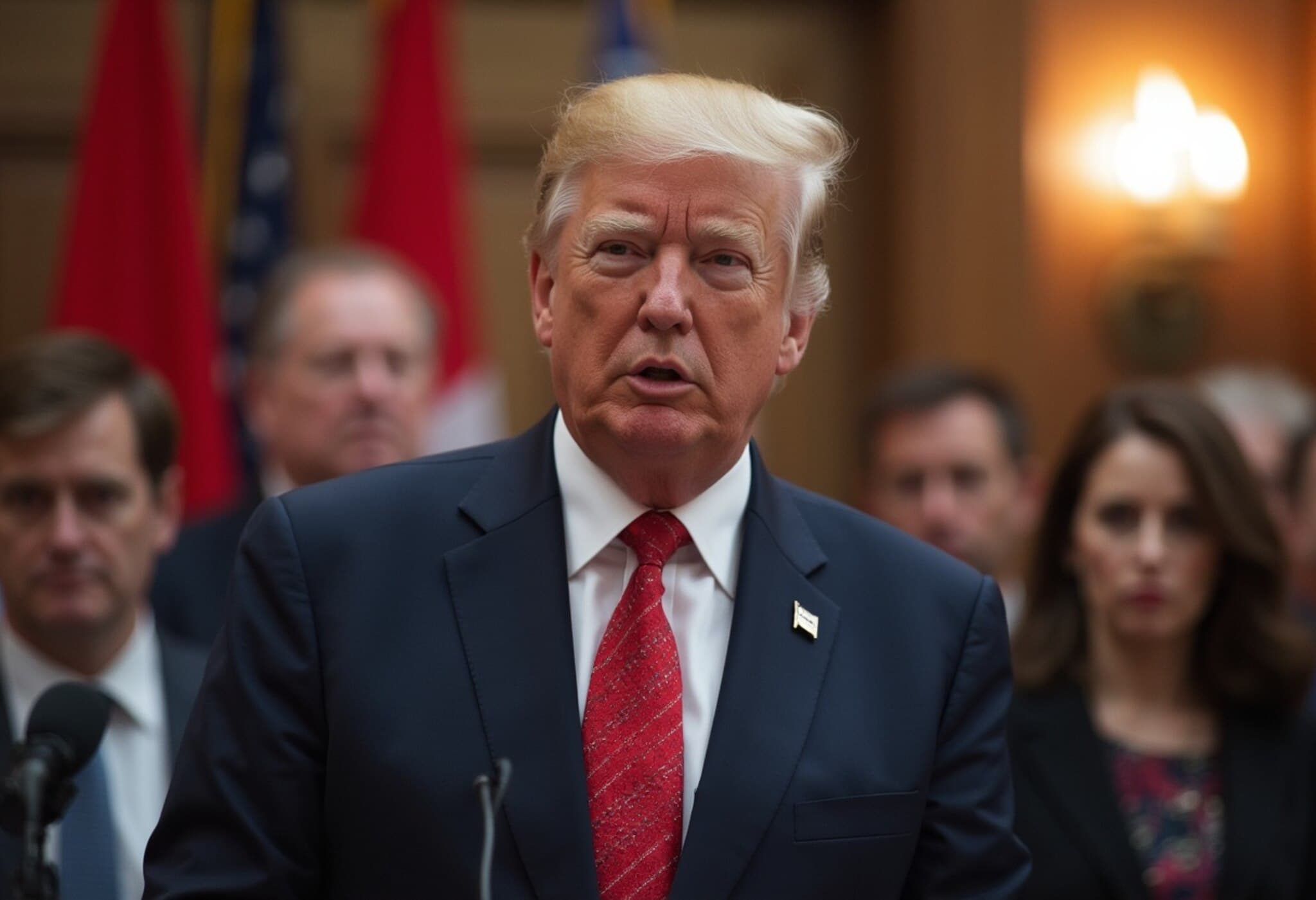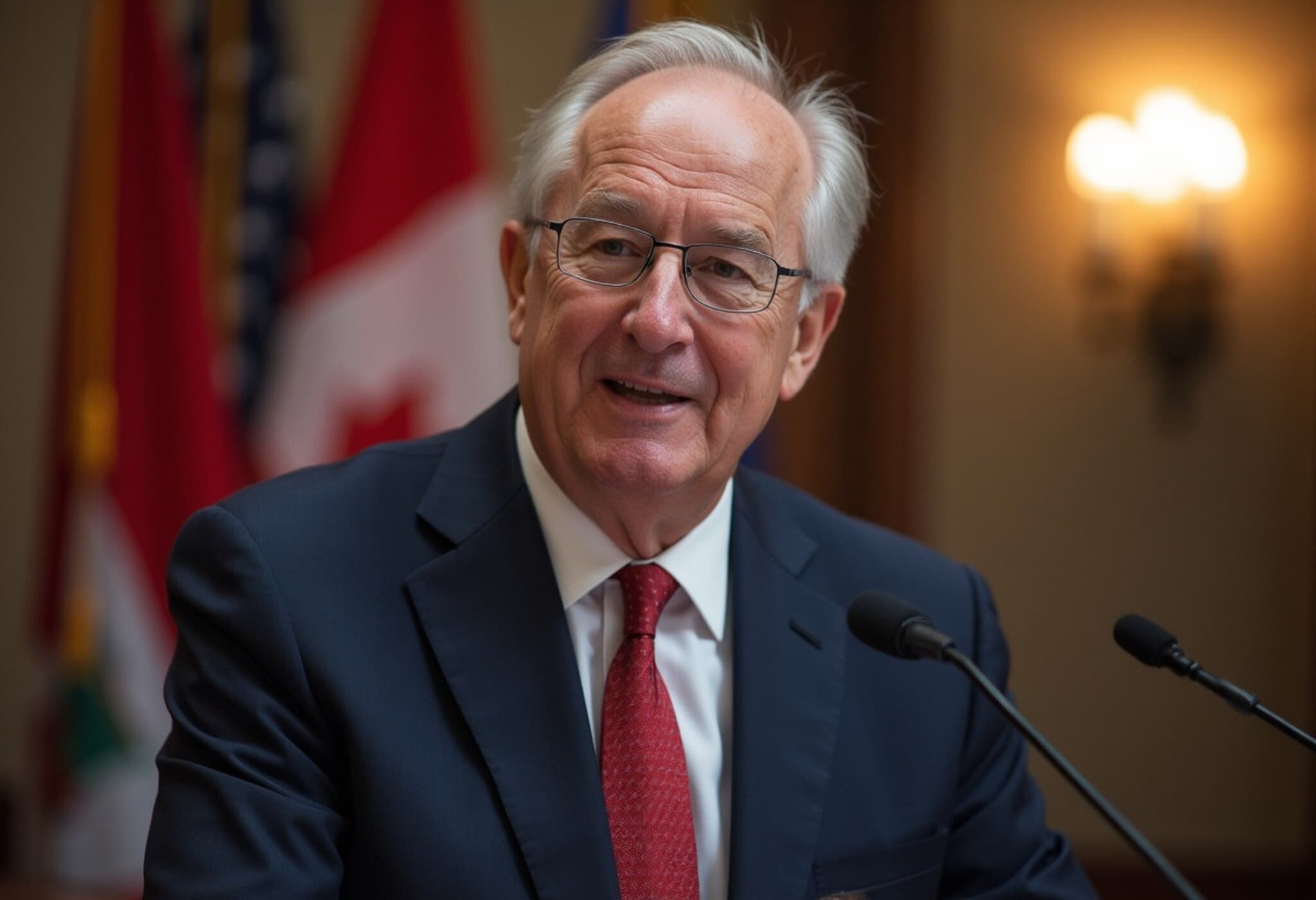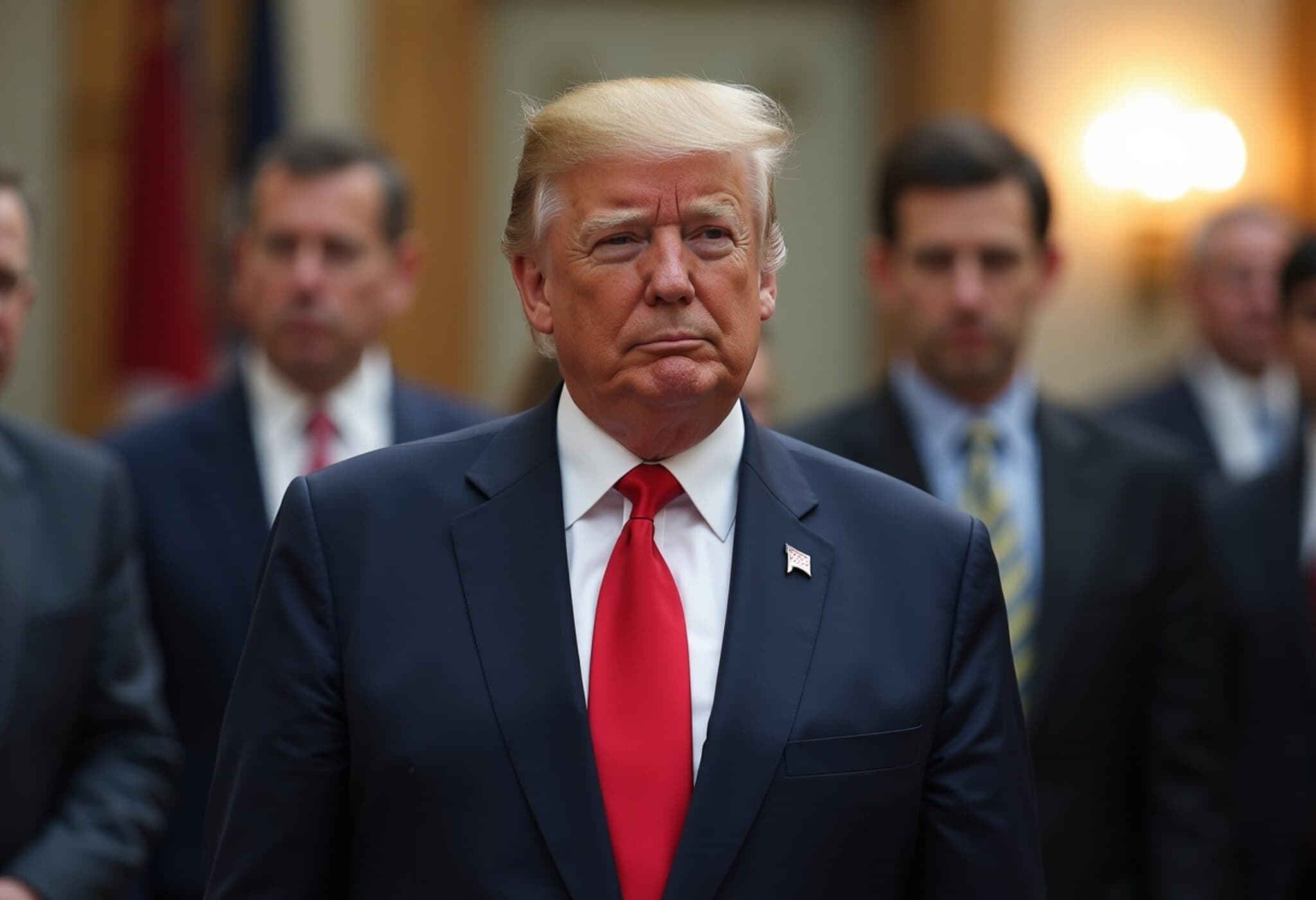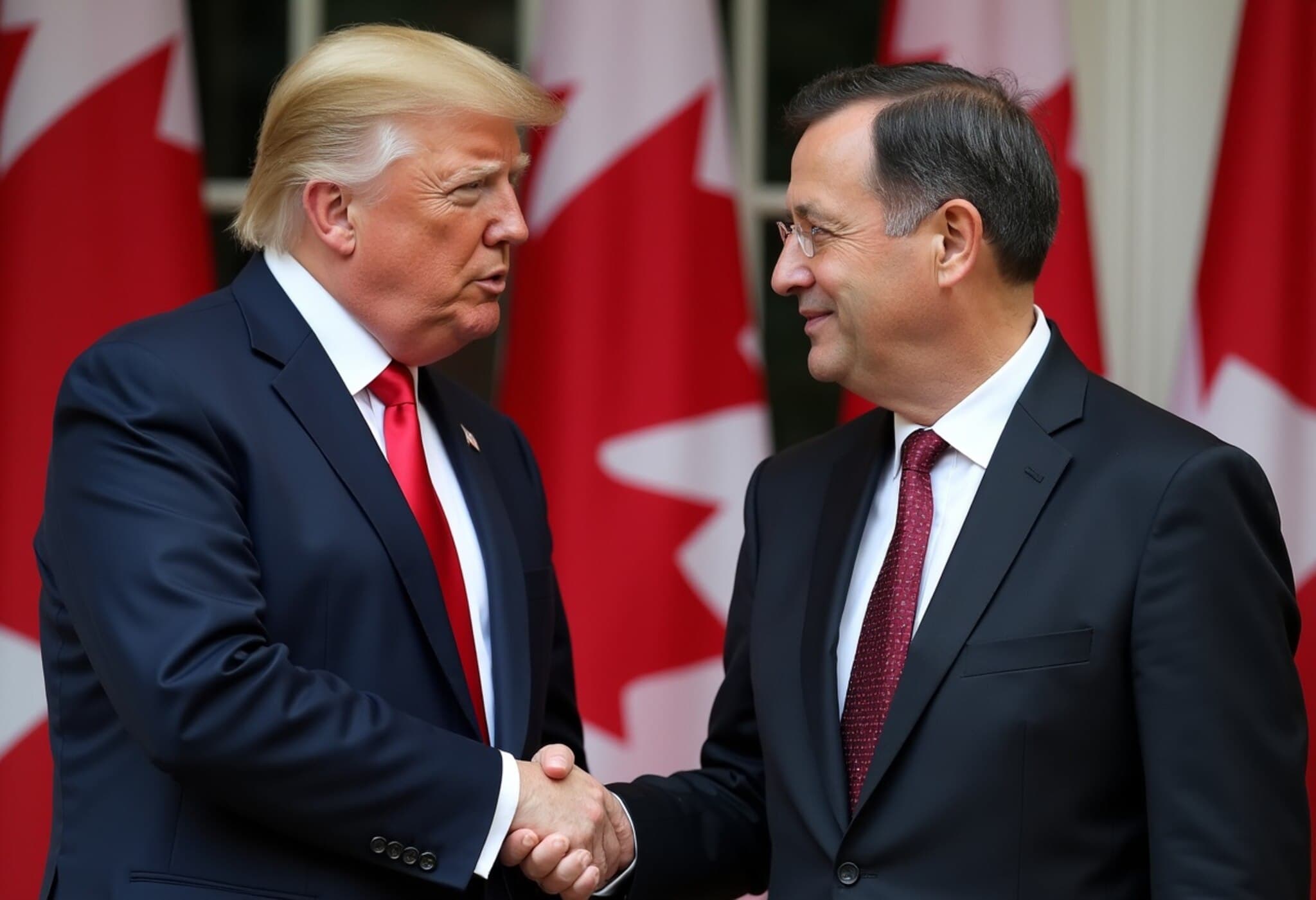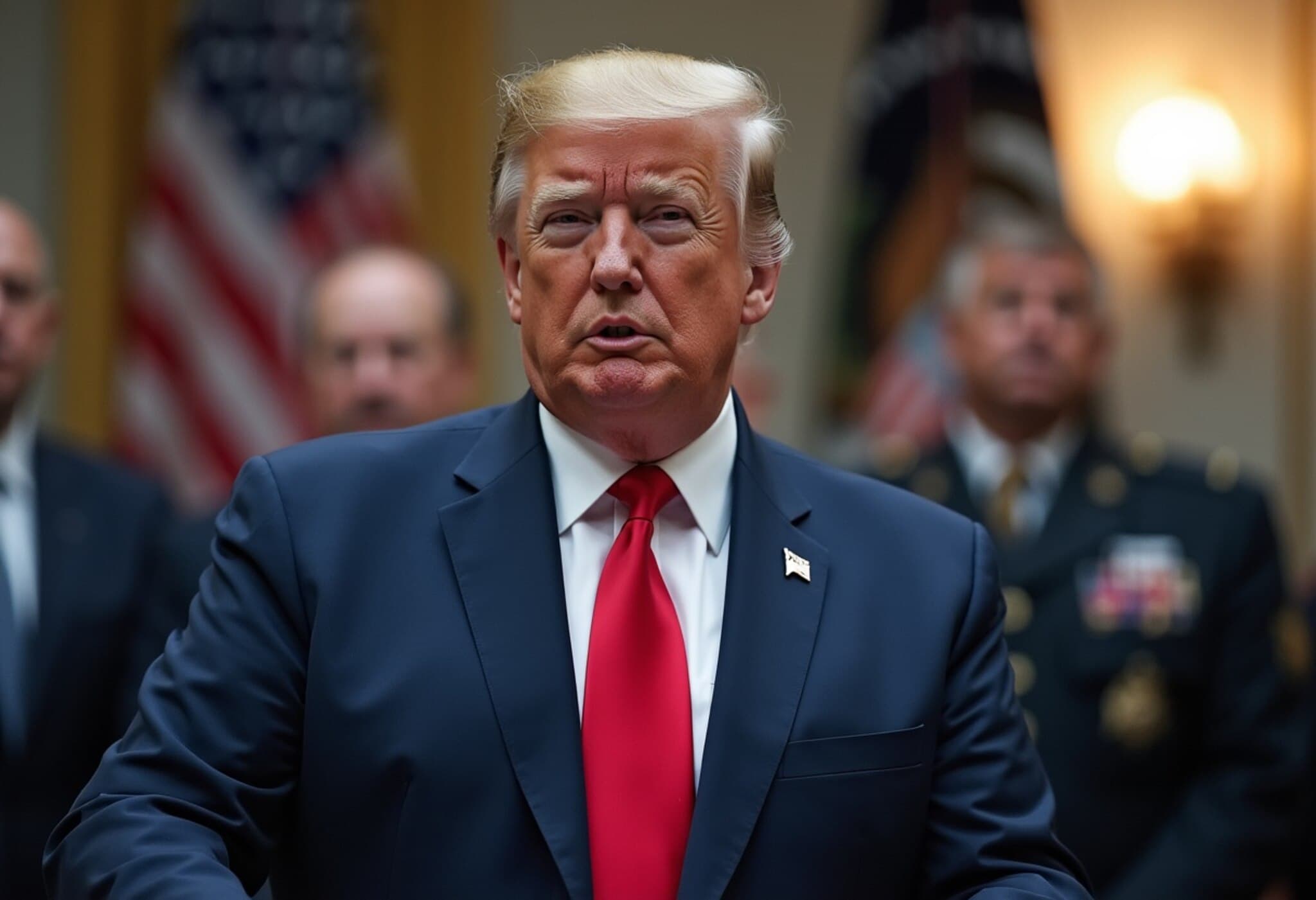Canada Softens Trade Stance on US Following High-Level Phone Discussion
In a significant move easing tension between two of North America’s largest economies, Canada has announced the rollback of many of its retaliatory tariffs on the United States. This development comes shortly after Canadian Prime Minister Mark Carney engaged in a pivotal phone conversation with US President Donald Trump, signaling a potential thaw in the prolonged trade dispute.
Background: Origins of the Tariff War
Earlier this year, the US administration levied a 25% tariff on Canadian steel and aluminum imports, citing national security concerns. In response, Canada quickly imposed retaliatory duties of equal measure on American goods worth about CA$30 billion (approximately US$21.7 billion). The tit-for-tat tariffs strained economic ties and rattled industries that deeply integrate across the border.
What Has Changed? Key Developments After the Call
Prime Minister Carney revealed that, effective September 1, Canada will drop many—but not all—of these countermeasures. Crucially, tariffs on US autos, steel, and aluminum will remain in place for now, reflecting ongoing caution in strategic sectors. Carney emphasized that through concerted efforts, Canada aims to maintain what he described as the strongest trade relationship the US holds globally.
From Washington, a White House official characterized Canada’s tariff rollbacks as "long overdue," expressing optimism to press forward on bilateral discussions addressing trade and national security concerns. This signals a subtle but noteworthy shift in the rhetoric and readiness for cooperation on both sides.
Regional Dynamics: Canada and Mexico Strengthen Ties
Facing similar pressures from the US, Canada and Mexico are increasingly coordinating their strategies. Canadian Foreign Affairs Minister Anita Anand and Finance Minister François-Philippe Champagne recently met with Mexican President Claudia Sheinbaum to pave the way for upcoming trilateral discussions. Anand described the collaboration as an "all-hands-on-deck" effort, underscoring the urgency and unity among Canadian and Mexican officials in navigating the turbulent trade landscape.
Expert Analysis: The Stakes and Implications
From an economic perspective, these tariffs have had ripple effects across North American supply chains, increasing costs for manufacturers and consumers alike. According to trade experts, removing some tariffs can ease inflationary pressures and stabilize markets, but the retained tariffs on autos and critical metals highlight unresolved issues.
Politically, this move can be interpreted as a strategic olive branch, with Canada showcasing willingness to engage pragmatically without fully conceding its negotiating position. It also reflects a delicate balancing act: protecting Canadian industries while preserving the extensive bilateral trade that underpins the continent's economy.
Importantly, the underreported angle is how these tariffs intersect with broader security and drug enforcement concerns, as former President Trump had linked trade measures to issues like fentanyl flow. These multilayered drivers suggest that ongoing dialogue must address not only tariffs but also cross-border cooperation on security matters.
Looking Ahead
- Will further tariff reductions materialize following upcoming US-Canada negotiations?
- How will Canada's ongoing tariffs on autos, steel, and aluminum affect industries sensitive to cross-border trade?
- Can the Canada-Mexico partnership build sufficient leverage to negotiate more balanced terms with the US?
Editor’s Note
The easing of Canada's retaliatory tariffs marks a cautiously optimistic chapter in North American trade relations, offering hope for reduced economic friction between Canada and the US. Yet, the retained tariffs serve as a reminder that significant challenges remain. Observers should watch closely how the trilateral dynamics evolve and whether economic imperatives will ultimately prevail over political posturing. This development underscores the complex interplay of trade, security, and diplomacy that shapes the continent's future.

